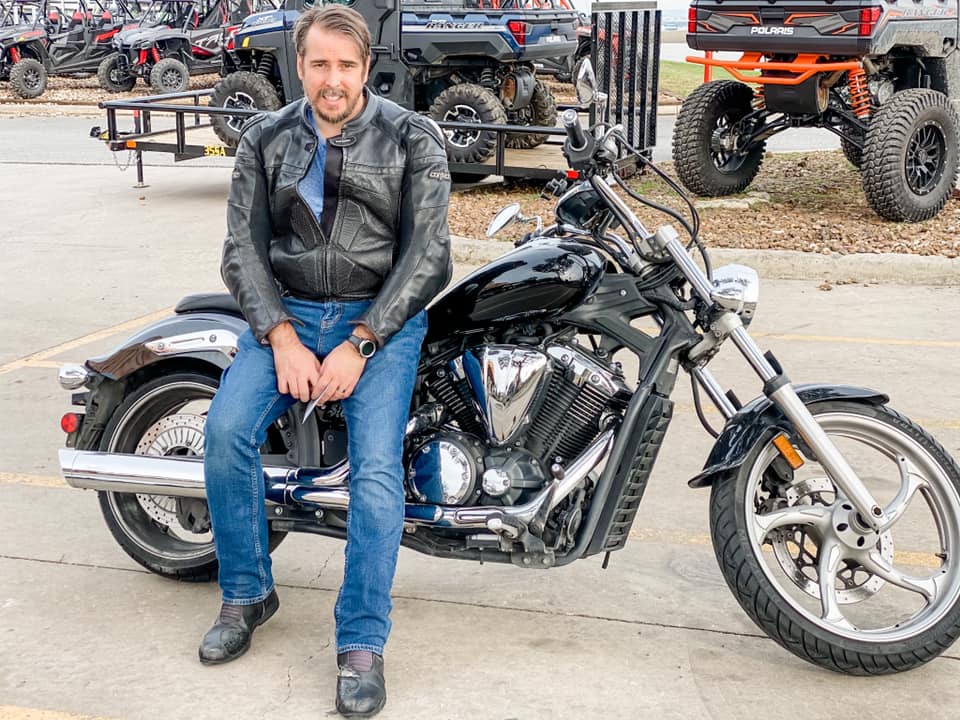Faculty Spotlight: Daniel Lodge, Ph.D.
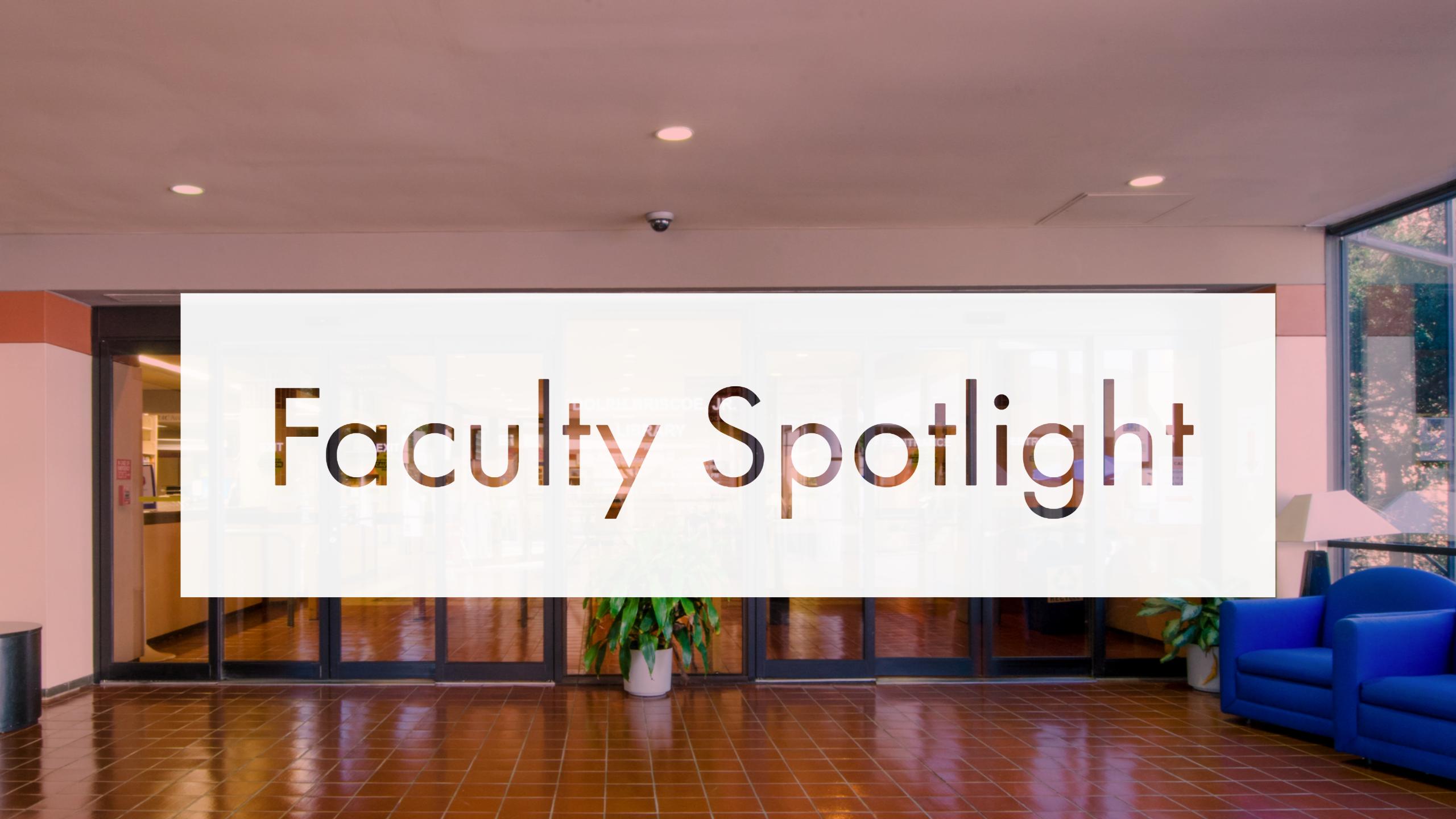
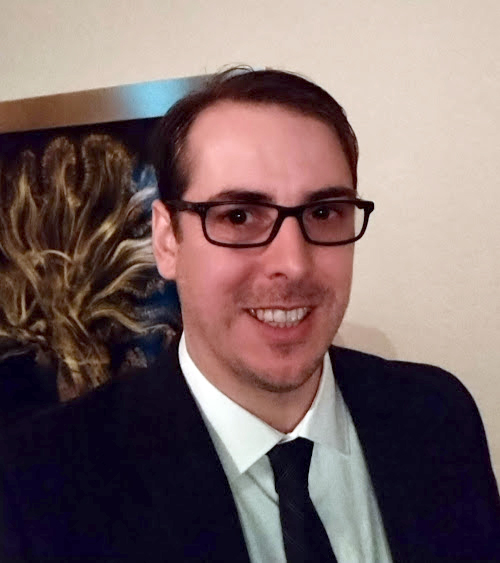 Please tell me about yourself.
Please tell me about yourself.
I was born and raised in Melbourne, Australia where I completed my B.Sc. and Ph.D. at Monash University. I moved to the U.S. in 2004 to conduct postdoctoral research at the University of Pittsburgh before joining the Department of Pharmacology at UT Health in 2009. Away from work, I am lucky to be the husband of a talented and successful realtor and father of two entertaining boys.
What brought you to UT Health San Antonio?
In looking for faculty positions I wanted to join a high-profile neuroscience program with a world-class faculty. I found that at UT Health San Antonio, where my colleagues are not only spectacular scientists but are also great people who are supportive and highly collaborative.
Tell me about your research interests and why you are passionate about this topic?
The brain is the most complex organ in the human body, and we are constantly gaining new information as to how it functions. Our research is focused on trying to understand the neuronal systems contributing to psychiatric disorders such as schizophrenia, depression, & PTSD.
What do you want the public to know about your research? Why is your topic important?
Psychiatric illnesses can be devastating for the patients and for their families. Many of the current therapies are drugs that were discovered serendipitously. When they work, they work well; however, these drugs often have side effects and there are patients who do not respond to current therapies. For this reason, we need to better understand the neurobiology of psychiatric disorders in order to develop truly novel therapies.
What is your favorite part of your job?
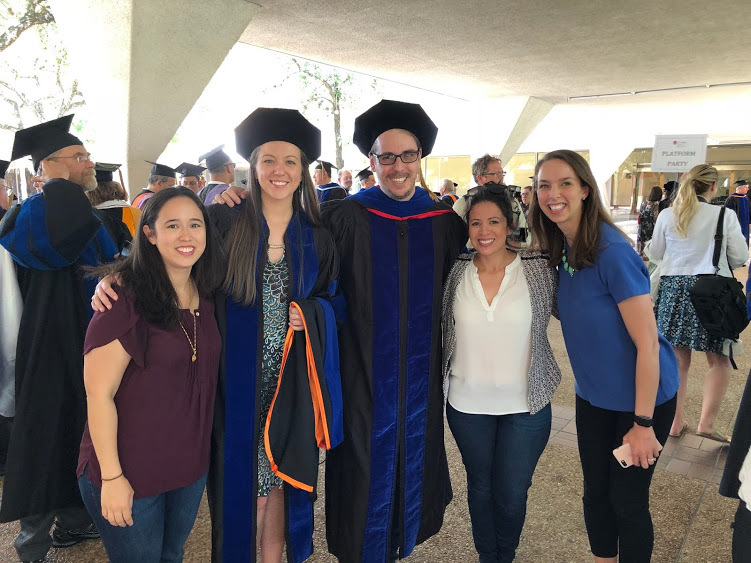
There is something liberating about being able to determine your own research direction and explore the unknown. We live in an age where a wide variety of technical approaches are available that enable us to address scientific questions. This was not possible only a few years ago. Being able to share this passion with students, postdocs, research associates and faculty is probably my favorite part of the job.
What is the most challenging part of your job?
There is an increasing administrative and bureaucratic burden that takes time away from the actual science. While some of it is essential, it is probably the least enjoyable part of my job.
What do you like most about mentoring students?
Students display a passion and enthusiasm for science that is contagious. Seeing a student publish their first paper, pass their qualifying exam and, ultimately, defending their dissertation is incredibly rewarding for a mentor.
How do you like to spend your free time?
I love spending time with my family. My wife and I enjoy the food scene in San Antonio and are regularly trying new restaurants for our date nights. We love traveling, and try to visit our relatives in Australia every year or so.
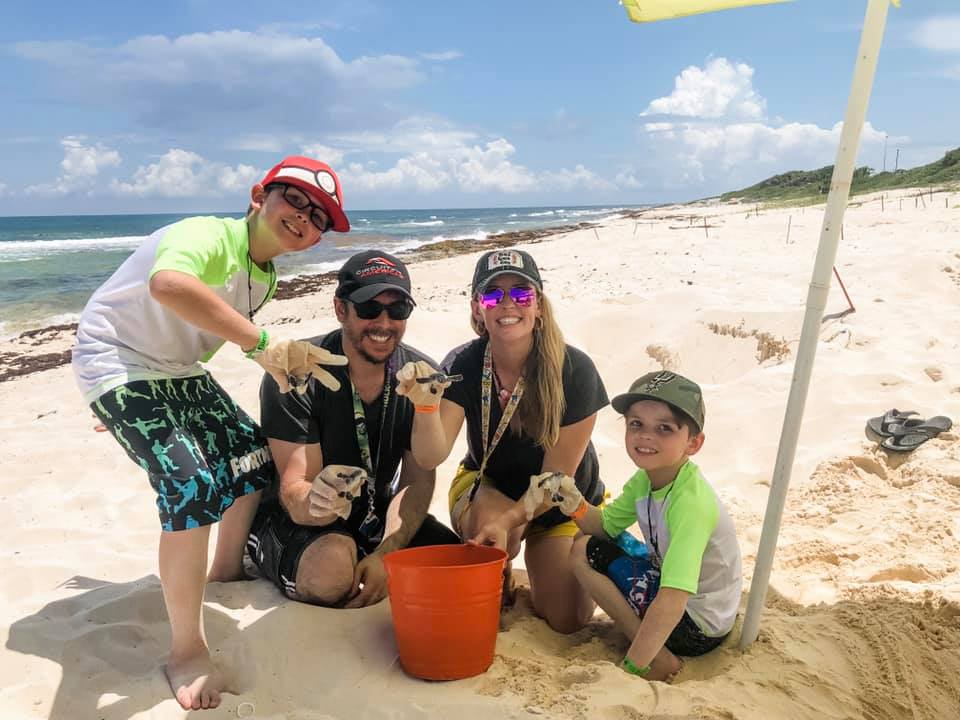
What is the most helpful advice you’ve received?
Although it’s cliché, the popular adage “Choose a job you love, and you will never have to work a day in your life” really resonates with me. I truly enjoy coming to work, teaching students, and discussing research with the lab and my peers.
